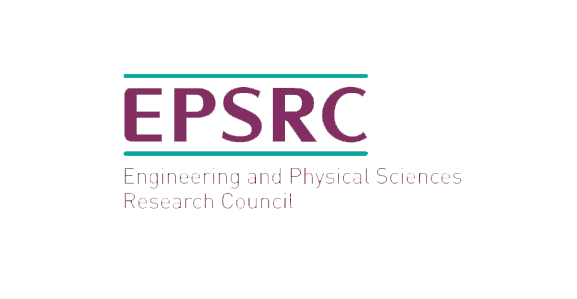About The Project
The Collaborative Network for X-ray Spectroscopy (CONEXS) aims to establish a UK community for X-ray spectroscopy, focusing on nurturing the synergy between experiment and theory.
Advances in experimental methodology aligned with technological developments, such as 3rd generation light sources, X-ray Free Electron Lasers (X-FELs) and High Harmonic Generation (HHG), has led to a paradigm shift in the capability of X-ray spectroscopy, including absorption, emission, inelastic scattering and photoelectron, to deliver highly detailed information about the geometric, electronic, spin structure and dynamics on an extremely broad range of samples in a wide array of different environments.

Accelerator tunnel at the European XFEL (Courtesy EU-XFEL)
However, the complex nature and high information content of this class of techniques means that detailed theoretical studies are often essential to provide a firm link between the spectroscopic observables and the underlying structure and dynamics.
CONEXS aims to bring together experimentalists and theoreticians working in the area of X-ray spectroscopy to achieve new levels of understanding, especially for the interpretation of experimental data.
Since 2023, CONEXS has evolved into UK High-End Computing Consortium for X-ray Spectroscopy (HPC-CONEXS), part of the UK High-End Computing Consortium. These consortia have a large allocation of time on the UK national supercomputer, ARCHER2, that can distributed out to their members. In addition to providing access to state-of-the-art computing facilities to the community, HPC-CONEXS will take the lead on the development and distribution of computational tools to advance the detailed analysis of experimental X-ray spectroscopic data and leverage the synergies between experiment and theory developed through CONEXS to ensure maximal impact from the substantial UK investment into this area.




